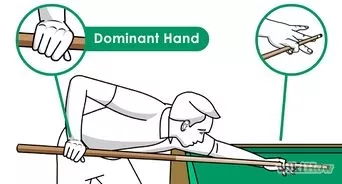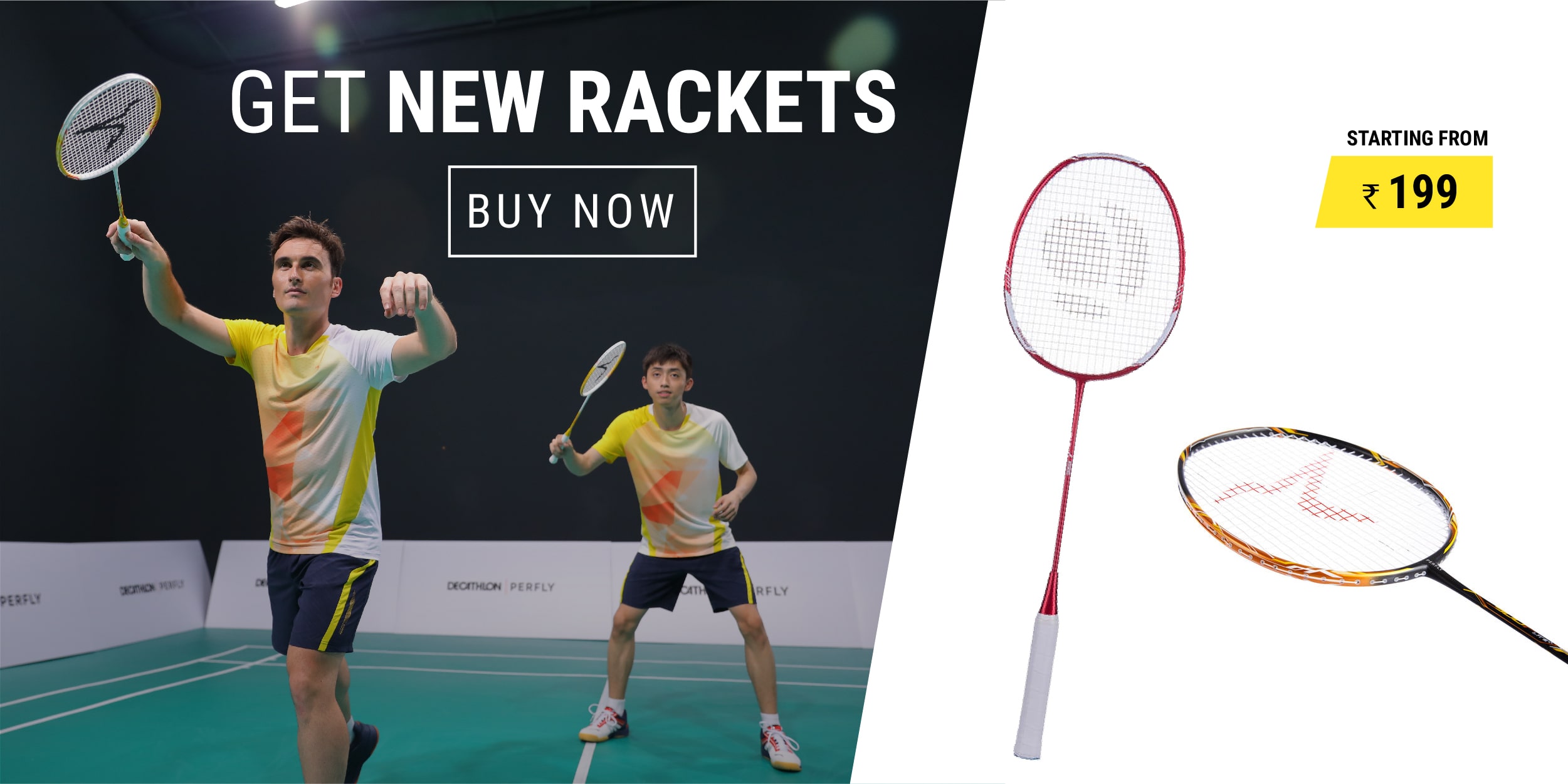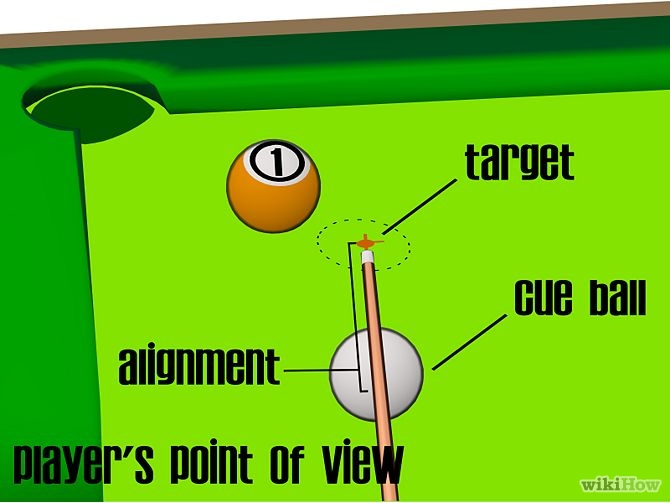
Consider the material before you choose a cue tips. It can be soft, medium or hard. It can also impact how the cue feel. For example, a firm shot might feel better. It also affects the tip flex and the sideways squirt. If the tip becomes soft, shaft flex and the endmass will be minimized.
Hard
Most professional and high-level players prefer a cue tip made of hard material. It's easier to maintain than soft tips and lasts for longer. It absorbs the cue ball's energy better than a softtip.
Soft
A soft cue tip is a great option for players who want a cueball that is more flexible. These tips are typically made from leather and available in a variety different hardness levels. You can choose from single-piece materials or laminated leather. Other popular materials include bakelite and phenolic.

Medium
Kamui Cue Tip products are made from premium Pigskin. This design allows for maximum porosity, and humidity resistance. They have excellent chalk retention which allows for improved tip-grip, and prevents miscuing. These tips last for many years and come in packs of ten.
Phenolic
Your break shot could be up to 17% more powerful if you have a phenolic tips on your pool cue. The material has a smoother contact surface, and it is more responsive to pressure. These properties make phenolic Tips a great choice for players looking to improve their power.
Leather
A leather cue tip is one of the most popular types of tip available. Leather tips offer more control than synthetic ones which are made from cork or plastic. Leather tips are more popular, but synthetic tips might be better suited for home use.
Splice
There are several ways to splice a pool cue's tip if you're considering buying one. Some prefer to hand splice tips. This process is more labor-intensive and more expensive. A hand splice can be purchased if you wish to play with a top-quality cue.

Size
A good rule of thumb is to make sure that the tip of your cue is the same size as the shaft. This will help you hit the ball evenly and produce less vibration. A smaller tip also produces less squirt, which can help you feel the ball better.
Materials
Consider the spin and angle of the ball when selecting materials for your cue tip. A slightly rounded tip gives the player the ability to give spin to the ball. A rounded tip is usually rounder than a dime's curvature. A rounded tip is typically thicker than that of a nickel.